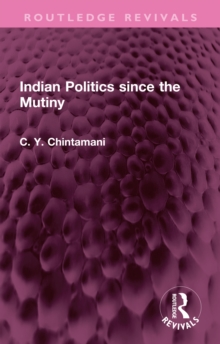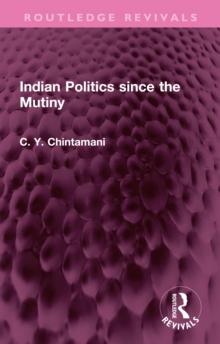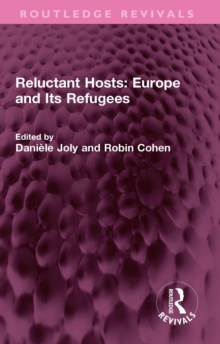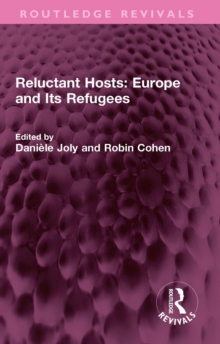
Textual Communication : A Print-Based Theory of the Novel EPUB
by Maurice Couturier
Part of the Routledge Revivals series
EPUB
Description
First published in 1991, Textual Communication examines the character and development of the novel from Richardson to Nabokov in relation to the printing and publishing industry.
The book blends literary theory with a historical analysis of communication, carrying the debate on the novel beyond the pioneering work of Booth and Genette, while responding to and taking issue with the writings of Foucault, Baudrillard, McLuhan, and Barthes.
It analyses the structures of the industry which manufactured and marketed novels to show how novelists solved the communication problems that they faced in the eighteenth, nineteenth, and twentieth centuries.
It also pinpoints critical moments in the history of the novel when new narrative strategies appeared, and places them in the context of the communication environment in which the texts were produced.
Using Lacan’s theory of the divided subject, the book defines textual communication as a form of interaction in which two divided subjects, the author and the reader, try to communicate with each other under or against the law of the book market, censorship, literary conventions, and language.
Information
-
Download - Immediately Available
- Format:EPUB
- Pages:266 pages
- Publisher:Taylor & Francis Ltd
- Publication Date:30/11/2021
- Category:
- ISBN:9781000365238
Other Formats
- PDF from £25.19
- Paperback / softback from £27.99
- Hardback from £99.99
Information
-
Download - Immediately Available
- Format:EPUB
- Pages:266 pages
- Publisher:Taylor & Francis Ltd
- Publication Date:30/11/2021
- Category:
- ISBN:9781000365238










